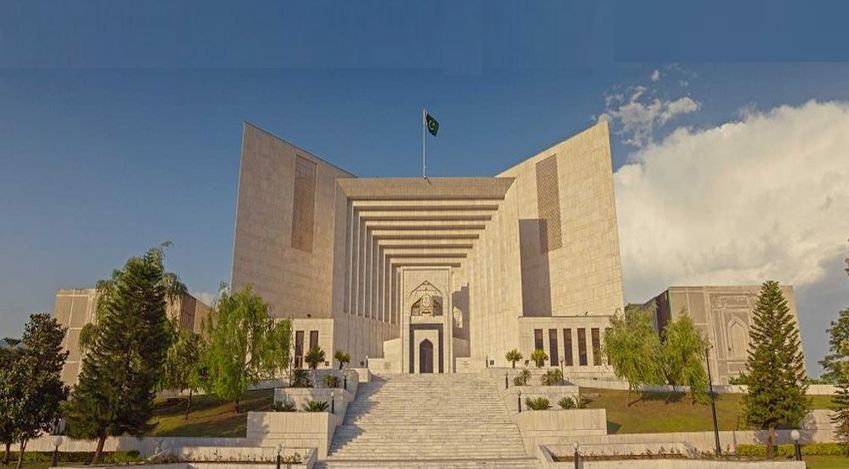Supreme Court of Pakistan Rejects Pre-Emption Suit over Limitation and Non-Performance of Talbs
Islamabad 03-04-2025: The Supreme Court of Pakistan has dismissed a petition for leave to appeal in a long-standing pre-emption dispute, upholding the decision of the lower Courts which rejected the claim on grounds of limitation and non-performance of requisite Talbs under the Khyber Pakhtunkhwa Pre-emption Act, 1987.
The case originated when the petitioner, along with a co-preemptor, filed a pre-emption suit challenging the sale of land in favor of predecessor, recorded through Mutation No.1 on April 18, 1995. The Trial Court initially ruled in favor of the pre-emptors, but the respondents successfully appealed before the Additional District Judge-1, Mardan, on February 12, 2005. The appellate Court overturned the Trial Court’s decree, a decision later upheld by the Peshawar High Court.
During the Supreme Court of Pakistan proceedings, the petitioner argued that the pre-emption suit was filed within the prescribed 120-day limitation period under Section 31 of the Act of 1987, contending that the time should commence from the date of attestation of mutation. However, the Supreme Court of Pakistan rejected this argument, holding that limitation must be determined based on the first applicable eventuality under the law. Since the pre-emptors had knowledge of the sale at the time of filing an earlier declaratory suit in 1993, their pre-emption claim was time-barred under Clause (d) of Section 31.
Furthermore, the Court noted that the pre-emptors failed to establish the mandatory Talb-i-Muwathibat, which requires an immediate declaration of intention to pre-empt upon acquiring knowledge of the sale. The Court emphasized that pre-emptors must strictly comply with the sequence of demands outlined in Section 13 of the Act of 1987, including Talb-i-Muwathibat, Talb-i-Ishhad, and Talb-i-Khusumat. The petitioner’s failure to perform Talb-i-Muwathibat at the appropriate time extinguished his right to pre-empt.
The Court dismissed the petition as meritless and refused leave to appeal, reinforcing the principle that pre-emption rights must be exercised within the strict confines of the law to prevent abuse and unnecessary litigation.
This decision serves as a significant precedent in pre-emption cases, reiterating that mere delay in attestation or mutation cannot extend limitation periods, and non-compliance with statutory Talbs can prove fatal to pre-emption claims.
Powered by Froala Editor








